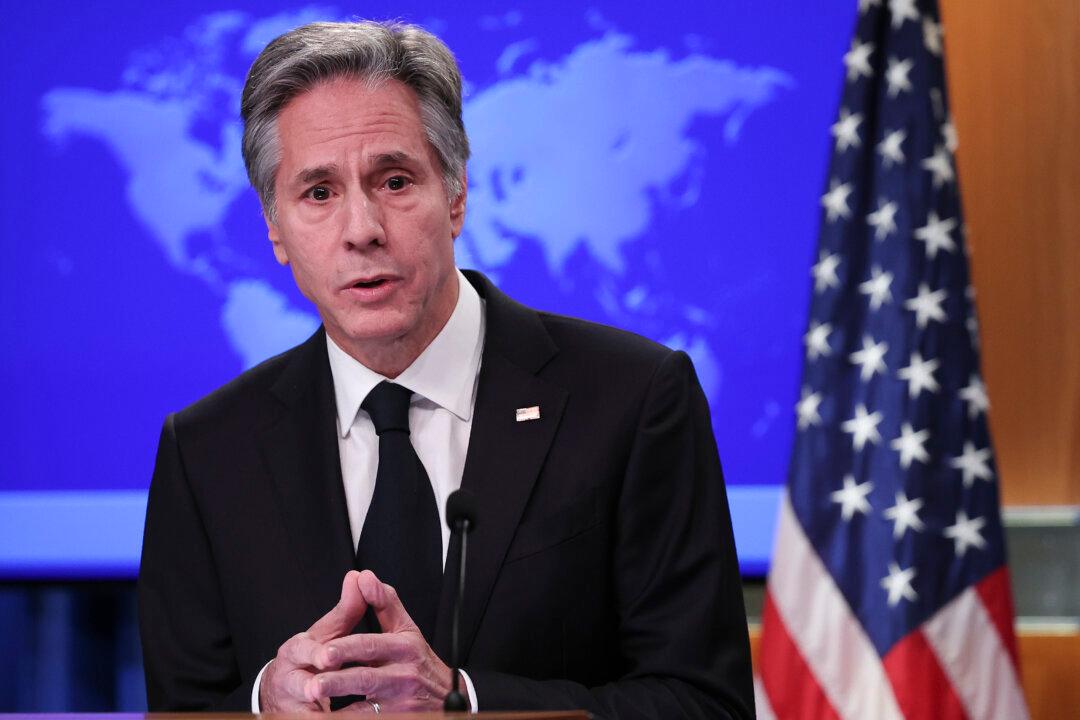The Department of State, with the Department of Health and Human Services, on Jan. 19 announced the launch of the Welcome Corps, a private sponsorship program for refugees.
The program will allow Americans and groups to sponsor refugees who have arrived in the United States through the U.S. Refugee Admissions Program (USRAP). According to the State Department’s announcement, the program will facilitate resettlement and “make a difference by welcoming these new neighbors into their communities.” The government agencies assert the program will allow Americans to be “partners and guides” to refugees who are starting over in the United States and “help them realize their full potential.”





